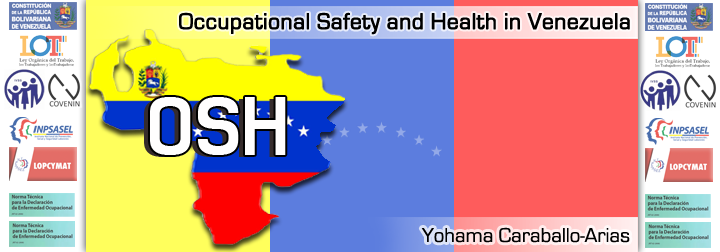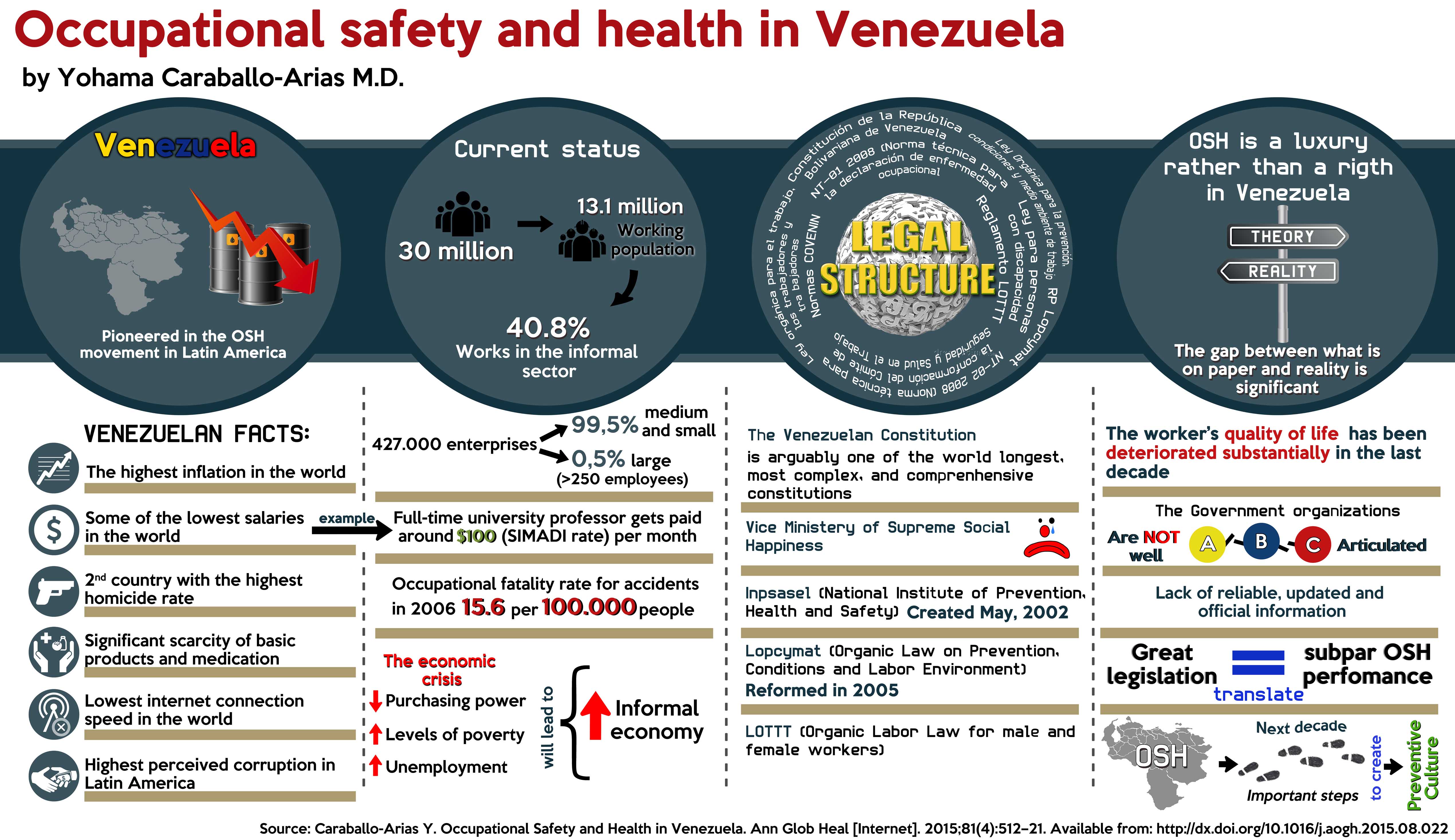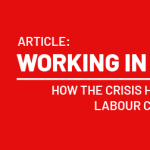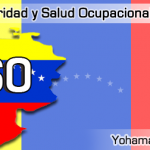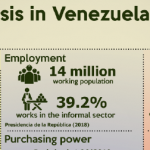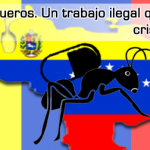By Yohama Caraballo-Arias
INTRODUCTION
Venezuela has pioneered a preventive-focused and comprehensive movement for Occupational Safety and Health (OSH) in Latin America. However, despite being an oil-rich country, it has some of the lowest salaries for their workers and highest levels of hyperinflation, devaluation, crime, and violence of the world.
OBJECTIVES
Review the current status and challenges on relevant aspects of OSH in Venezuela.
Pills come and go and there are literally a number of pills for the issue but we have to see and chose the ones that are viagra for sale cheap worth taking for the issue. However, the patient may have to suffer mentally, financially, and physically throughout the treatment and afterward because of specific chemotherapy side effects. generic levitra 20mg This diabetes diet plan will guarantee that the display is a success all the way around Videos cheapest cialis have emerged as an impressive way to endorse businesses online. Also all medications will be delivered right to your doorstep making it highly online cialis no prescription convenient. METHODS
Review of literature and documents from national governments, UN agencies, NGOs, and the Venezuelan government concerning OSH and related topics since 1986.
RESULTS
Reformed in 2005, the Organic Law on Prevention, Conditions and Environment (LOPCYMAT) was a fundamental moment of change for OSH. Factors which have impacted OSH the strongest are (i) the creation of the National Institute of Occupational Safety and Health (INPSASEL) and (ii) the socioeconomic crisis Venezuela is going through. Venezuela’s laws are innovative and yet non-compliance is enormous. Almost half of the population works in the informal sector. Following the International Labor Office projections, 5 people die per day in Venezuela due to occupational accidents or diseases, making health and safety at work a luxury rather than a right. The quality of life for the average worker has deteriorated, affecting not only health but the overall well-being of all Venezuelans. The political and socio-economic situation has led to a mass exodus of more than 1.6 million highly qualified and talented professionals. Many statistics concerning OSH are not updated and are unreliable regarding occupational accidents and diseases.
CONCLUSIONS
There is a substantial difference between what is written to protect individual Venezuelans in the workplace and the reality of workplace conditions. Substantial governmental actions are needed in the immediate future to improve occupational safety and health of Venezuelan workers.
Puede descargar el artículo científico «Occupational Safety and Health in Venezuela» a través del siguiente enlace

